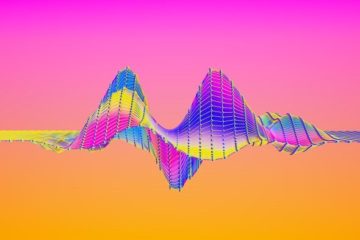Anil Ananthaswamy in Scientific American:
 Imagine a physicist observing a quantum system whose behavior is akin to a coin toss: it could come up heads or tails. They perform the quantum coin toss and see heads. Could they be certain that their result was an objective, absolute and indisputable fact about the world? If the coin was simply the kind we see in our everyday experience, then the outcome of the toss would be the same for everyone: heads all around! But as with most things in quantum physics, the result of a quantum coin toss would be a much more complicated “It depends.” There are theoretically plausible scenarios in which another observer might find that the result of our physicist’s coin toss was tails.
Imagine a physicist observing a quantum system whose behavior is akin to a coin toss: it could come up heads or tails. They perform the quantum coin toss and see heads. Could they be certain that their result was an objective, absolute and indisputable fact about the world? If the coin was simply the kind we see in our everyday experience, then the outcome of the toss would be the same for everyone: heads all around! But as with most things in quantum physics, the result of a quantum coin toss would be a much more complicated “It depends.” There are theoretically plausible scenarios in which another observer might find that the result of our physicist’s coin toss was tails.
At the heart of this bizarreness is what’s called the measurement problem. Standard quantum mechanics accounts for what happens when you measure a quantum system: essentially, the measurement causes the system’s multiple possible states to randomly “collapse” into one definite state. But this accounting doesn’t define what constitutes a measurement—hence, the measurement problem.
More here.
